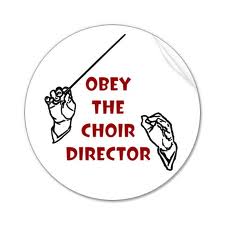 A question I’ve been asking myself lately is this: Why is it that so many choral conductors treat their singers like children? I’m talking adult ensembles here, not ones composed of minors.
A question I’ve been asking myself lately is this: Why is it that so many choral conductors treat their singers like children? I’m talking adult ensembles here, not ones composed of minors.
I don’t want to over-generalize as I know that the field has conductors that do not behave in this way. But judging by what people who’ve sung with a number of groups over the years have told me, the trait among music directors of patronizing their singers runs strong. It must be part of the job description.
I wonder whether the reason for this (or part of the reason at least) stems from the fact that choral singing is in many cases a pedagogical activity. It’s the one music-making format with universal application possibilities. Many choral directors experienced singing in choirs as kids and many of them have directed ensembles of children, youths, students or maybe adults with no musical training whatsoever. The pedagogical aspect of the job mistakenly makes them think that they can talk down to the vocalists.
But the habit is exceedingly counter-productive, not to mention denigrating and annoying: As far as I can tell, music directors get better performances from singers when they don’t harangue them as one might a naughty schoolchild. Plus, good singers are more likely to stick around than seek other opportunities if they feel like they are being treated like normal human beings.

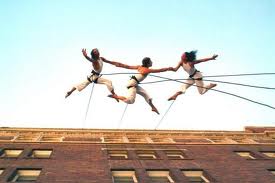 The weekend went by in a blur. Some highlights:
The weekend went by in a blur. Some highlights: This morning I awoke to the
This morning I awoke to the 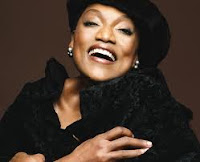
 The current sorry state of the arts journalism profession was made very visible last night at the
The current sorry state of the arts journalism profession was made very visible last night at the 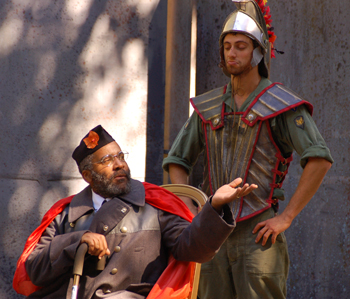
 I imagine that there are few other places in the world you can go where, within the space of an hour or two, you can:
I imagine that there are few other places in the world you can go where, within the space of an hour or two, you can: The relationship between public relations professionals and (arts) journalists often feels uneven to me. PR people seem to know much more about — and are acutely sensitive towards the needs of — the journalism profession than journalists know are are about PR people, as many PR people have been reporters or editors in the past (journalists rarely come to the profession from a career in marketing). And I think there are a lot of journalists who look down their noses at the PR industry. If a journalist leaves the profession to pursue PR, his or her colleagues will often accuse them of “selling out.”
The relationship between public relations professionals and (arts) journalists often feels uneven to me. PR people seem to know much more about — and are acutely sensitive towards the needs of — the journalism profession than journalists know are are about PR people, as many PR people have been reporters or editors in the past (journalists rarely come to the profession from a career in marketing). And I think there are a lot of journalists who look down their noses at the PR industry. If a journalist leaves the profession to pursue PR, his or her colleagues will often accuse them of “selling out.”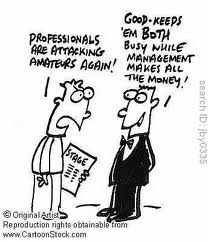 As someone who resides in a country where the terms “professional” and “amateur” have become practically meaningless in the world of the theatre, I was fascinated to read in
As someone who resides in a country where the terms “professional” and “amateur” have become practically meaningless in the world of the theatre, I was fascinated to read in  A friend and I had a discussion this morning about how possible it is for an audience member to detach his or her experience of seeing a staging of a play from the play text itself. We disagreed.
A friend and I had a discussion this morning about how possible it is for an audience member to detach his or her experience of seeing a staging of a play from the play text itself. We disagreed.